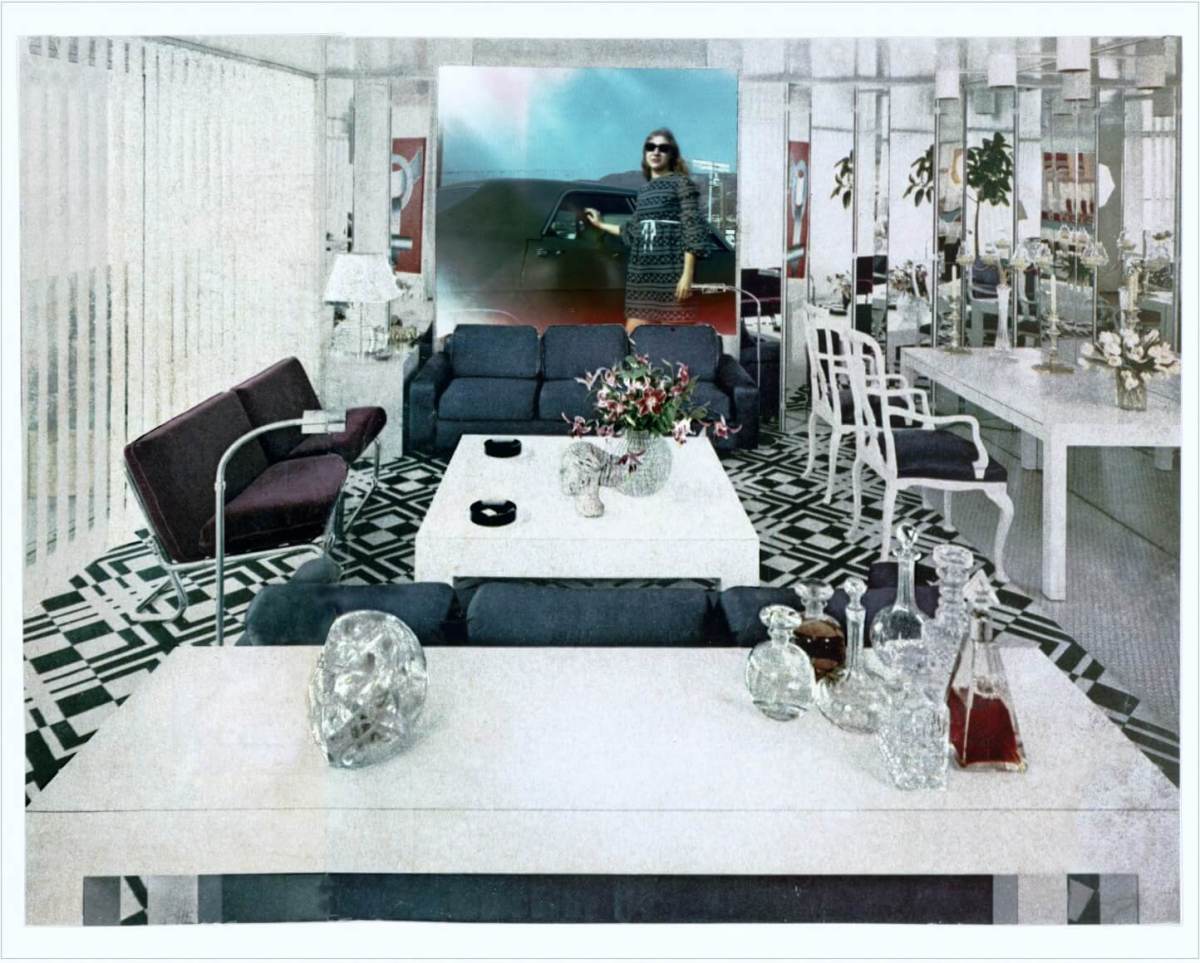From Dec. 8 to Jan. 21, 2023, an exhibition of conceptual artist Martha Rosler’s work from the 60s and 70s titled martha rosler: changing the subject… in the company of others will be on display at Mitchell-Innes & Nash. Mediums include videos, photomontages, and sculptures that explore the perception of feminism through Rosler.
Most of the photomontages on display come from the Body Beautiful collection that Rosler composed, beginning in New York and ending in California in about 1972. The inspiration came from seeing ads after attending feminist lectures during her schooling in the mid-60s, with Rosler calling the demonstration of women “bedroom appliances.” She created to expose the rampant control and objectification, particularly in the fields of domestic labor, food politics, colonial appropriations and the service industry. Her approach to art entangled feminism and politics, countering the belief at the time that they must remain separate.
The 31 photomontages in the exhibition come from Beauty Knows No Pain as well as Body Beautiful. As a play on the anti-feminist consumerism culture at the time most of the collages were made from home-making magazines, fashion, print ads and news stories. Alongside with the created photomontages, Rosler’s creative process with the assembly of them will be exhibited.
House Beautiful: The Colonies will also be present at the exhibition. Set in height of the space race in the Cold War, this collage series features galaxy and space-reminiscent backgrounds with the foreground painting imagery from the moon landing and domestic scenes in contrast. It explores the American Dream in the lens of colonization and the mundaneness of middle-class living.
Beyond photomontages, Rosler utilized mixed mediums as a forum for her art, thoughts and critique of society and the world. Her 1976 project She Sees in Herself a New Woman Every Day is a floor-mounted photography work with an accompanying audio track. Many of her sculpture works are made with domestic materials such as tiny plants, secondhand clothing and used cloth diapers. Such works are on the principle of consumerism through surrealism. 1971-73 sculptures Objects With No Titles are of women’s lingerie stuffed with objects to portray beauty standards and the poking and prodding of bodies to fit it.
Rosler’s videos and films created in and after the 70s will also be on display at the exhibition in a dedicated space. They include Semiotics of the Kitchen (1975) Vital Statistics of a Citizen, Simply Obtained (1977), Losing: A Conversation with the Parents (1977) and Martha Rosler Reads Vogue (1982).
For more information about the venue and further updates as the opening date looms closer, visit miandn.com.































